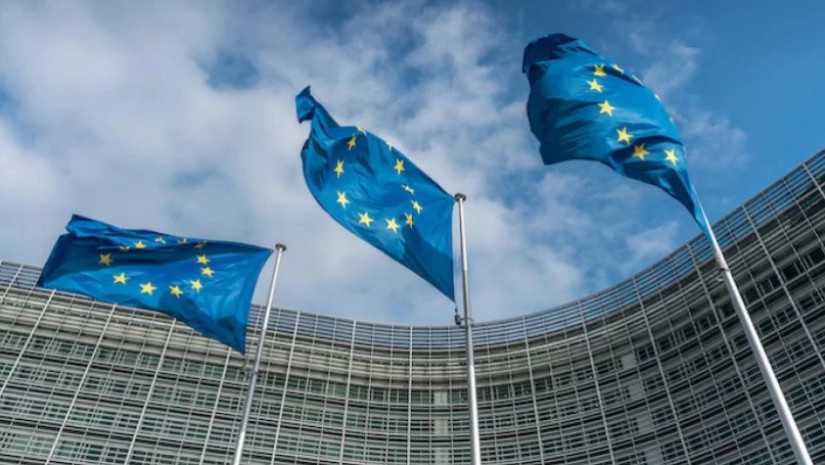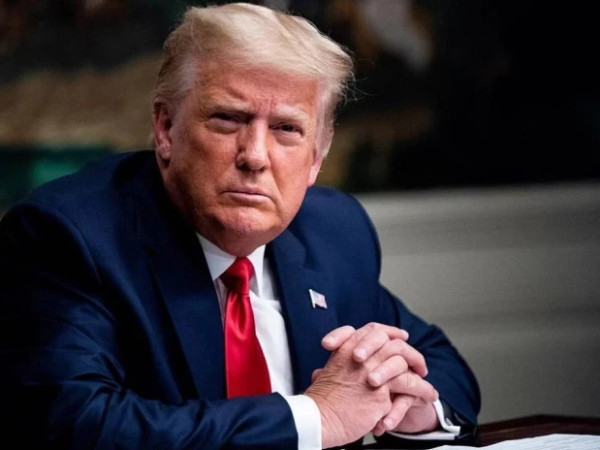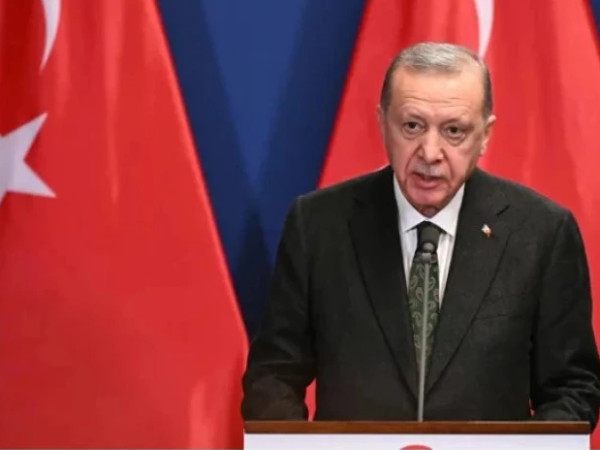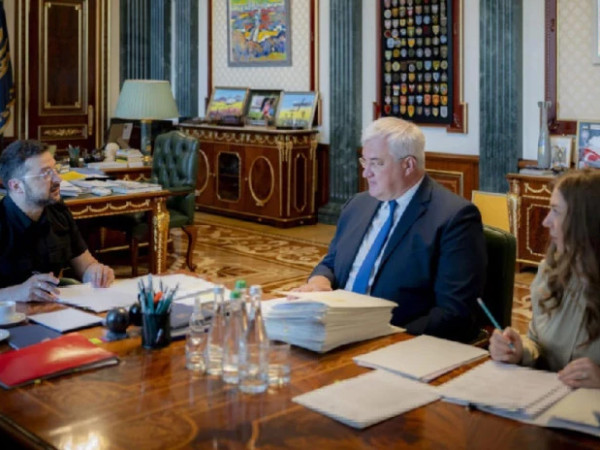EU countries on Friday approved a new package of sanctions against Russia over its war in Ukraine, including lowering the price cap on Russia’s global oil exports.
The 18th round of sanctions since the 2022 invasion was signed off after Slovakia dropped a weeks-long block following talks with Brussels on separate plans to phase out Russian gas imports.
“The EU just approved one of its strongest sanctions packages against Russia to date,” EU foreign policy chief Kaja Kallas said. “Each sanction weakens Russia’s ability to wage war. The message is clear: Europe will not back down in its support for Ukraine.”
Slovakia’s Russia-friendly Prime Minister Robert Fico withdrew his objections after securing what he called “guarantees” from the EU on gas prices, as the bloc pushes to end Russian gas imports by 2027.
s part of the new measures, EU diplomats said the bloc agreed to lower the price cap on Russian oil exported to third countries to 15% below the global market value, down from the G7-imposed $60-per-barrel cap introduced in 2022. The new EU level will start at $47.60 and will be adjusted in line with market fluctuations.
The cap, a G7 initiative, bars shipping and insurance firms from servicing Russian oil shipments sold above the threshold. EU allies reportedly failed to convince U.S. President Donald Trump to back the new lower cap, though Britain and Canada are expected to support the move.
The package also blacklists more than 100 tankers in Russia’s so-called “shadow fleet” used to evade oil export restrictions. Additional sanctions target a Russian-owned refinery in India and two Chinese banks accused of helping Moscow skirt sanctions.
The EU will also ban transactions with more Russian banks and expand restrictions on the export of “dual-use” goods with potential military applications. Measures are also being introduced to prevent the defunct Nord Stream 1 and 2 gas pipelines in the Baltic Sea from being brought back online.
EU ministers are expected to formally adopt the new sanctions later Friday.


















